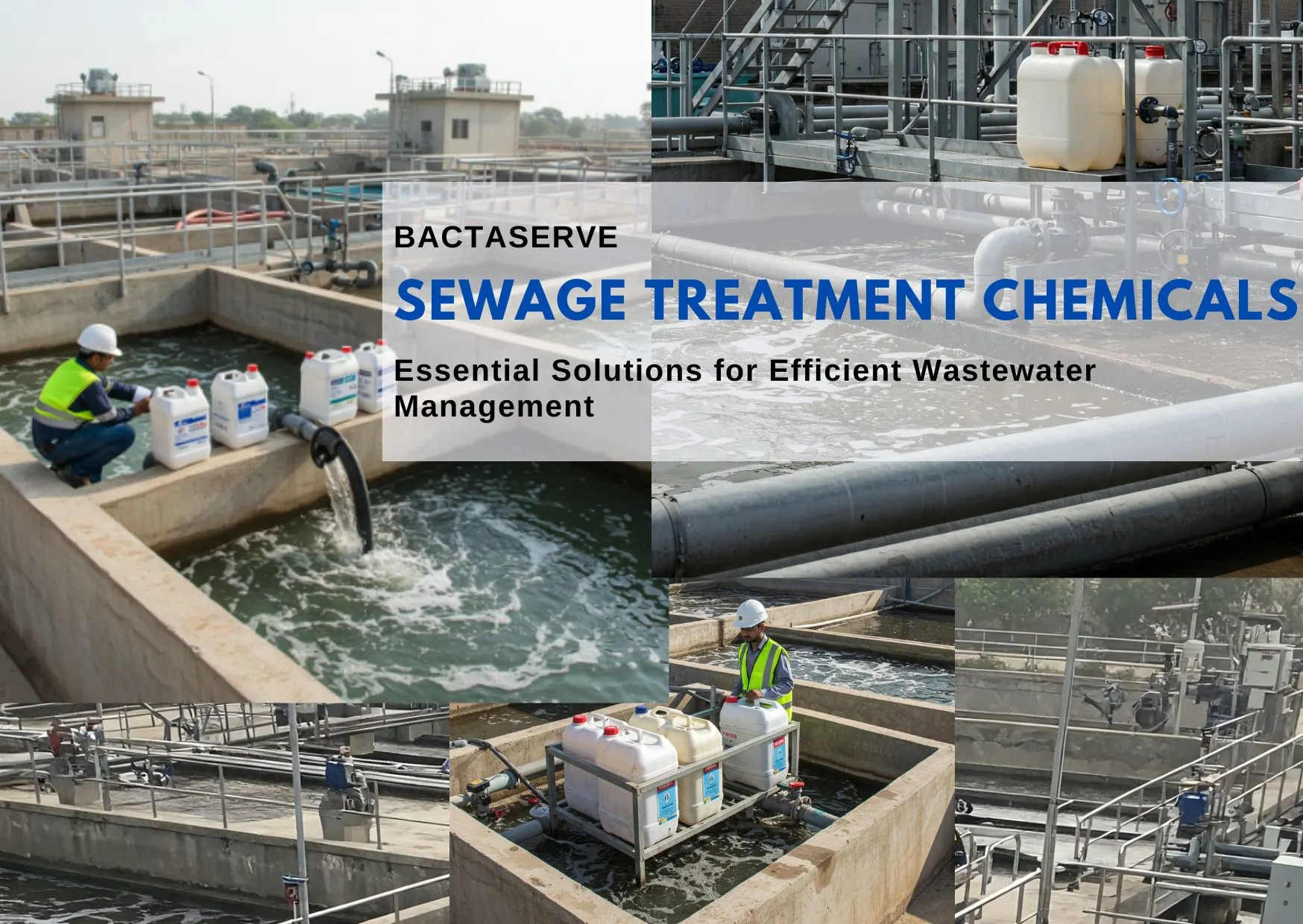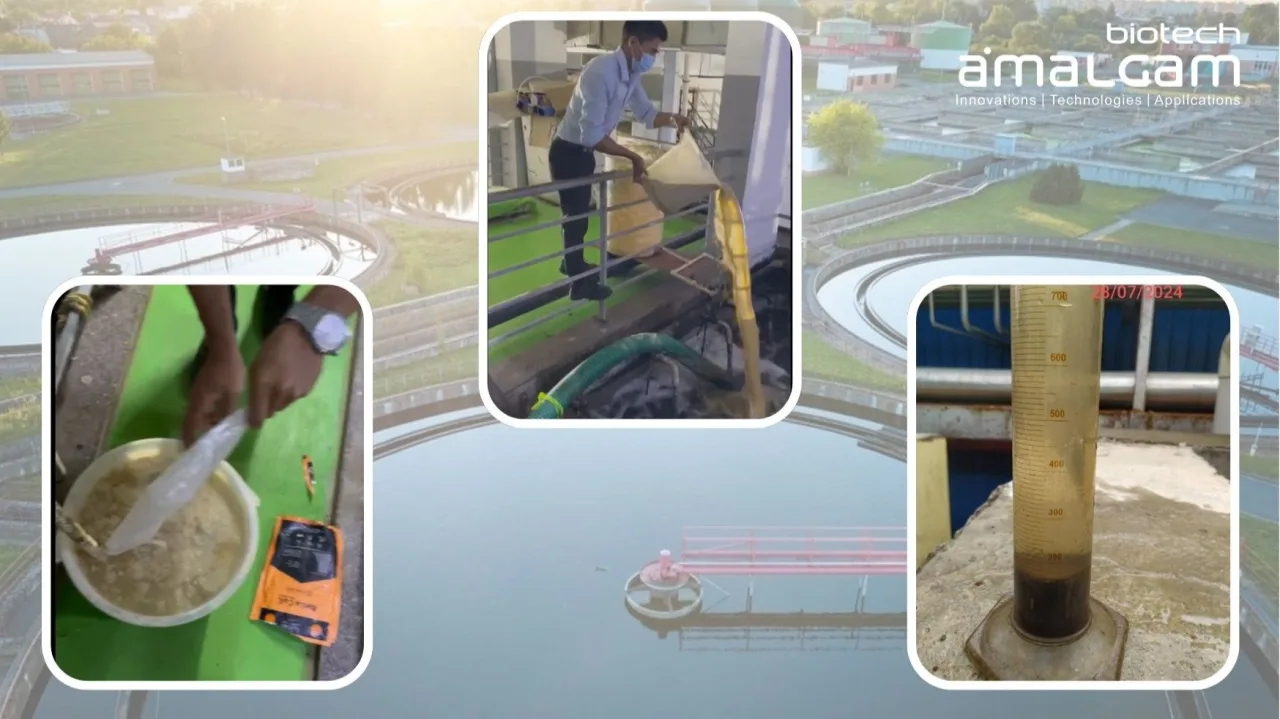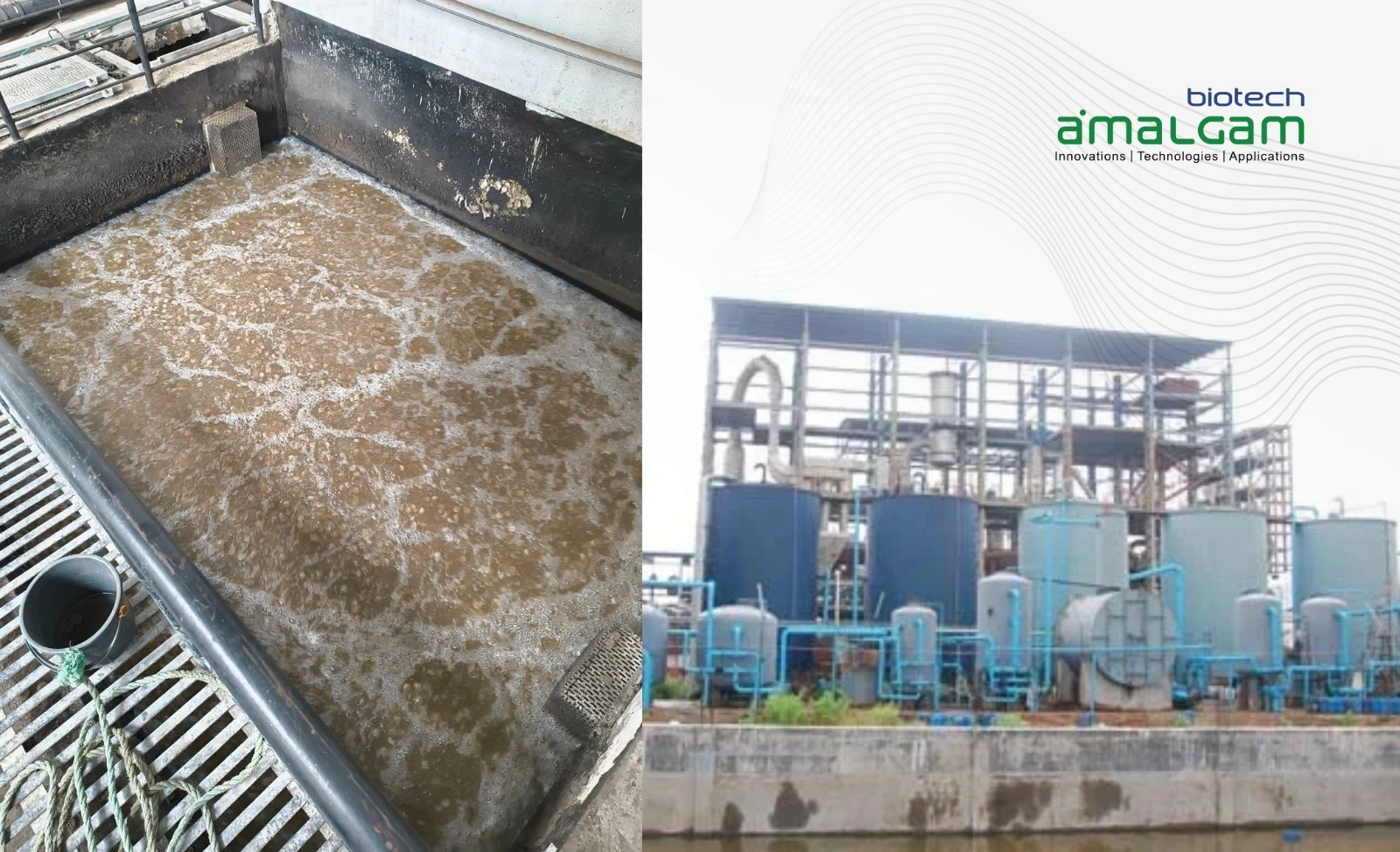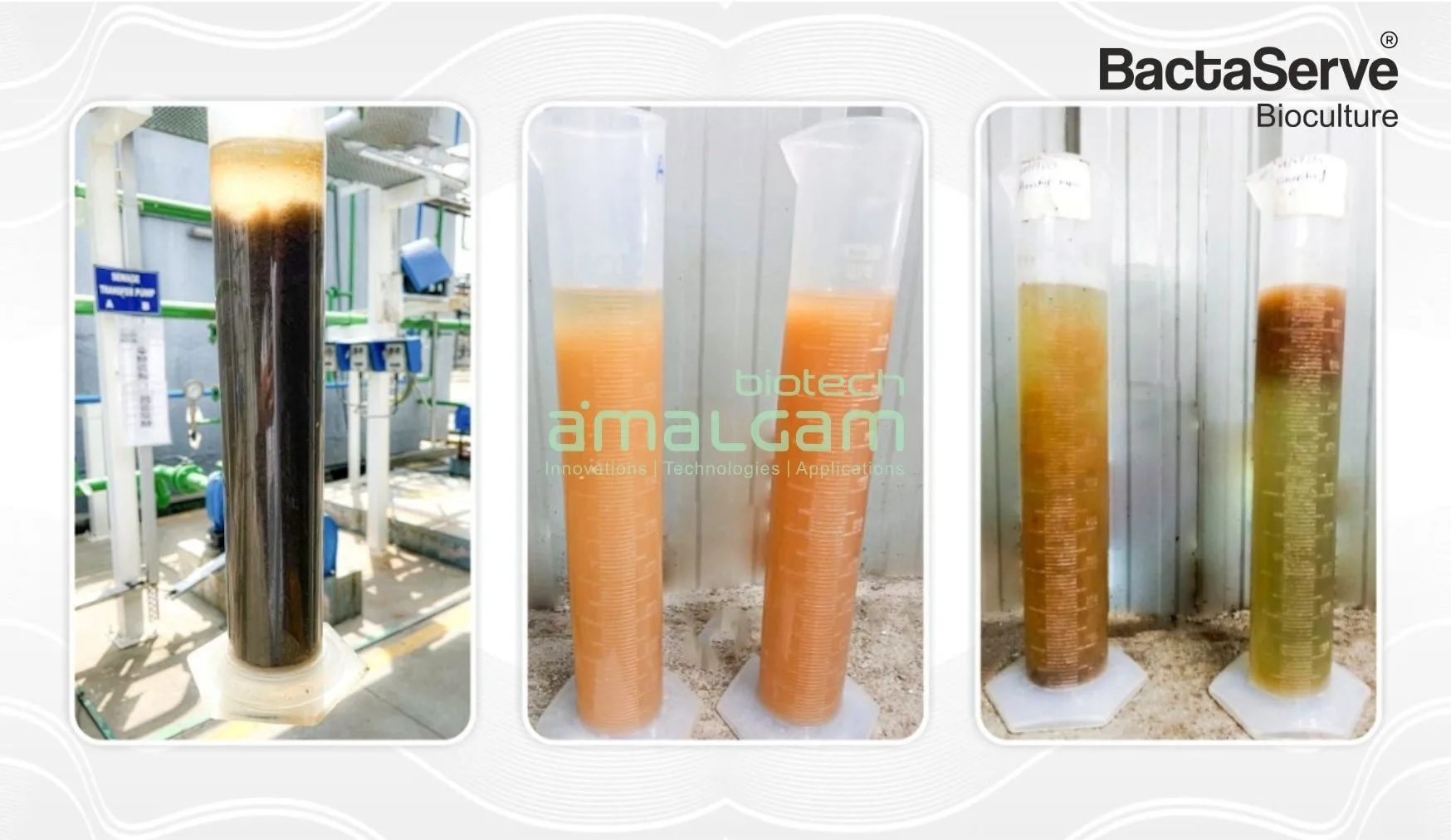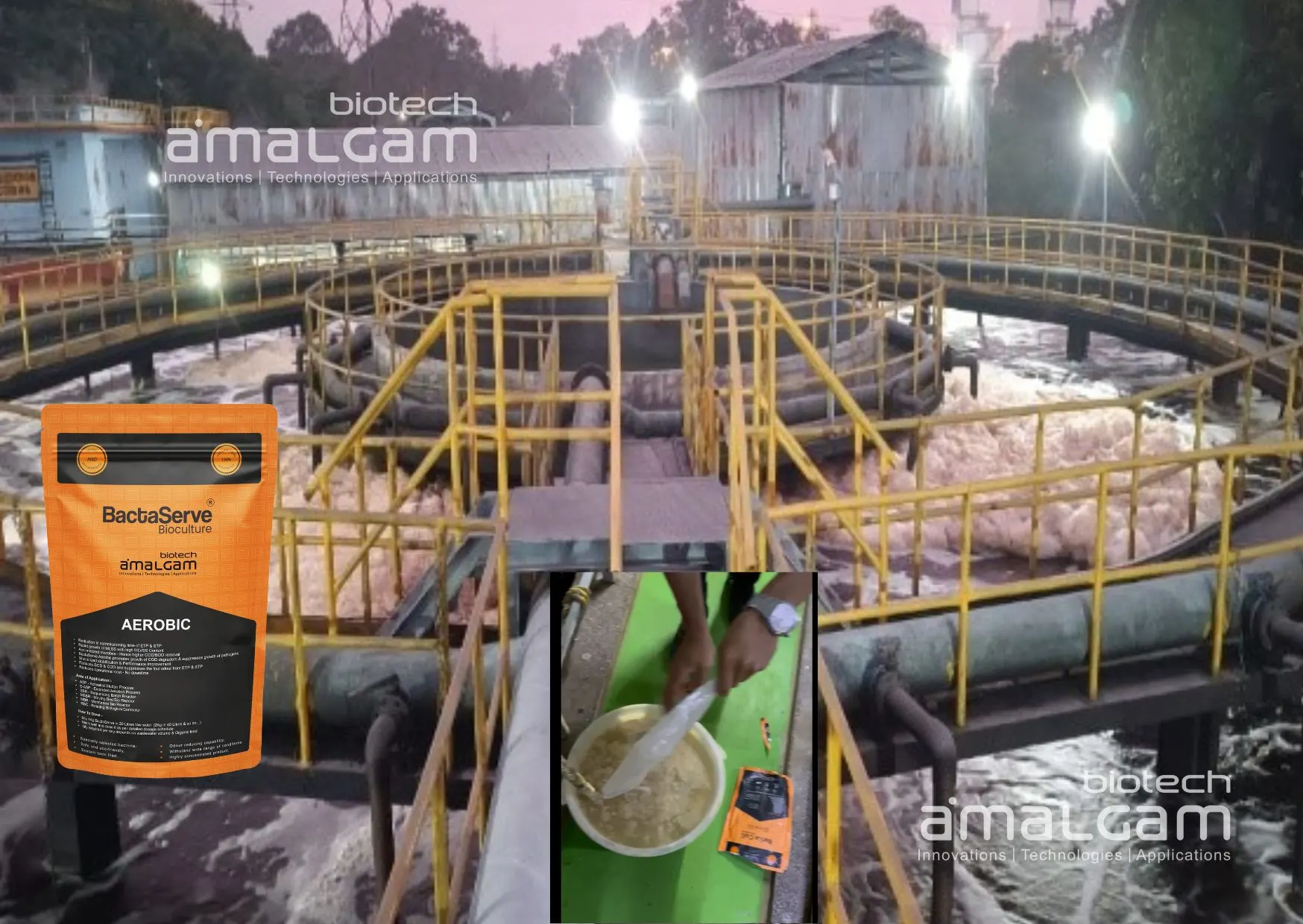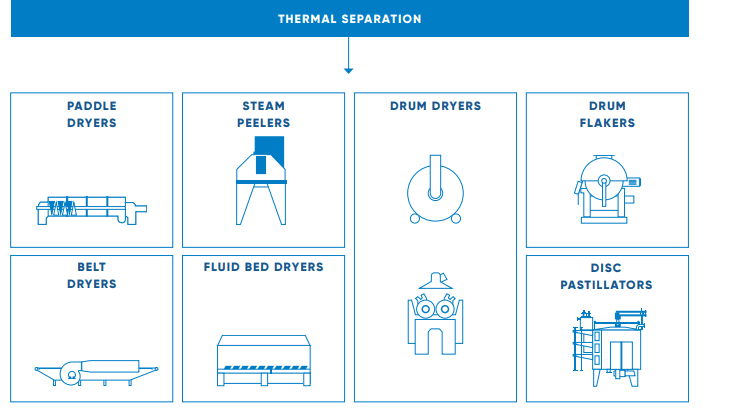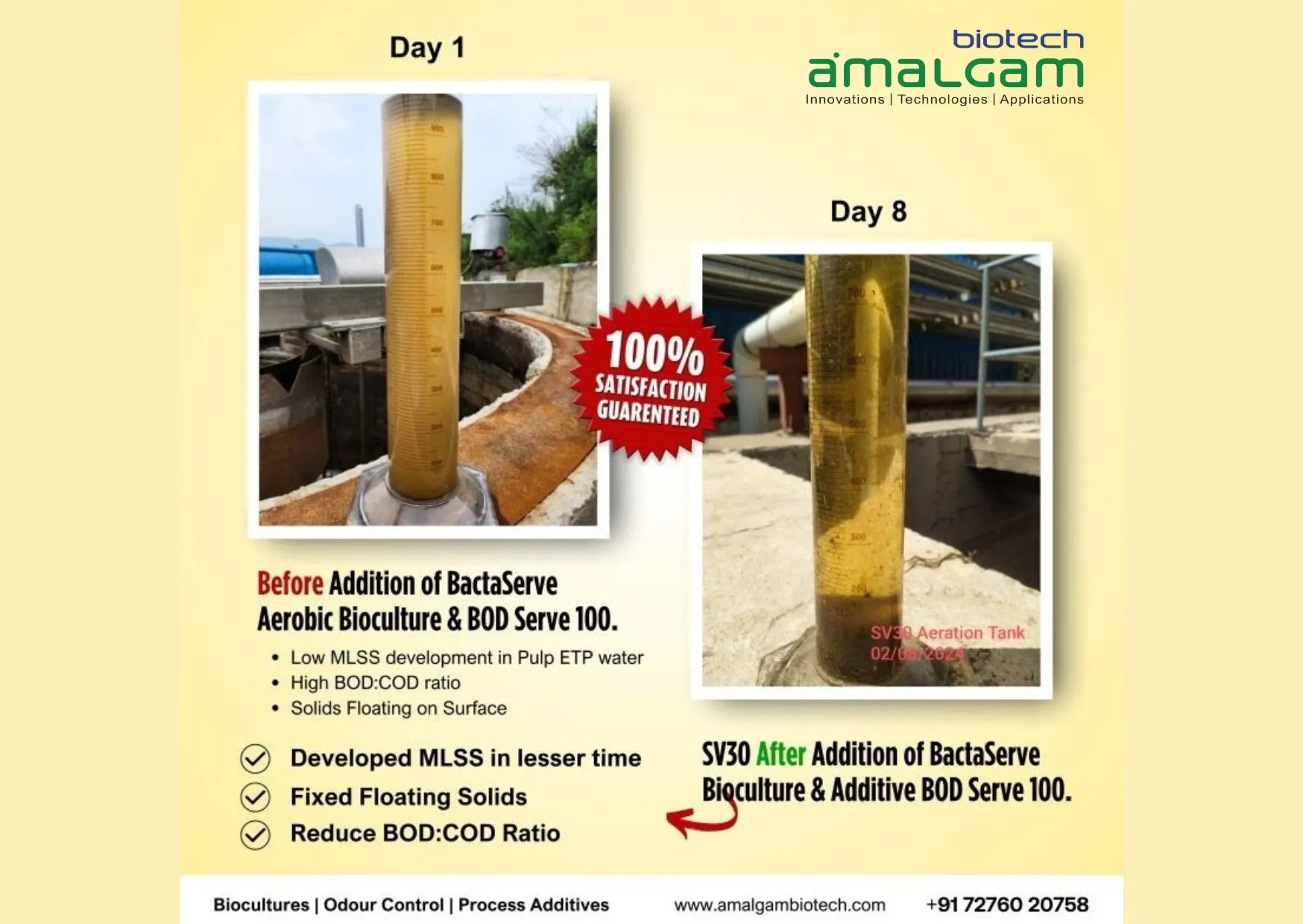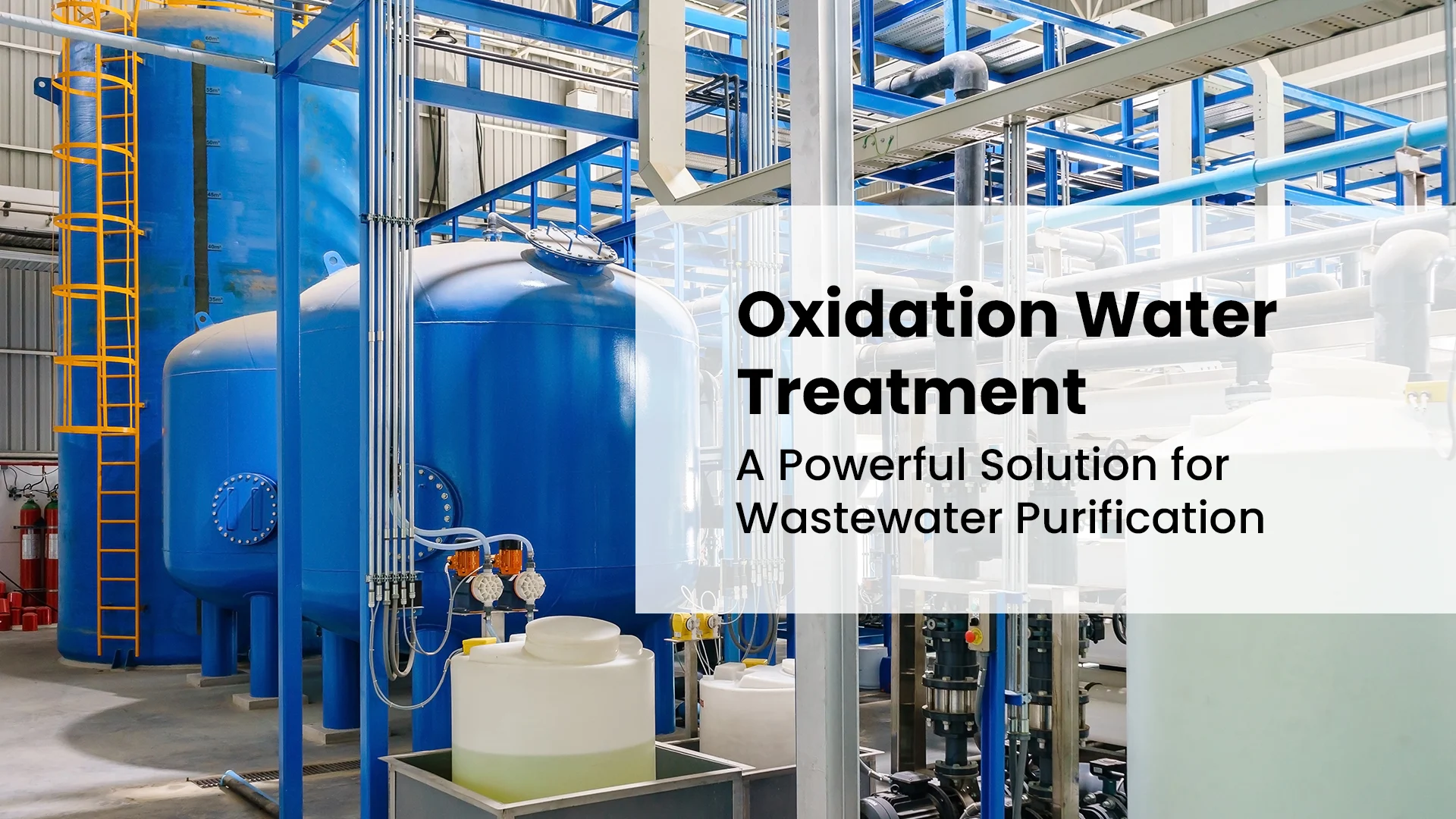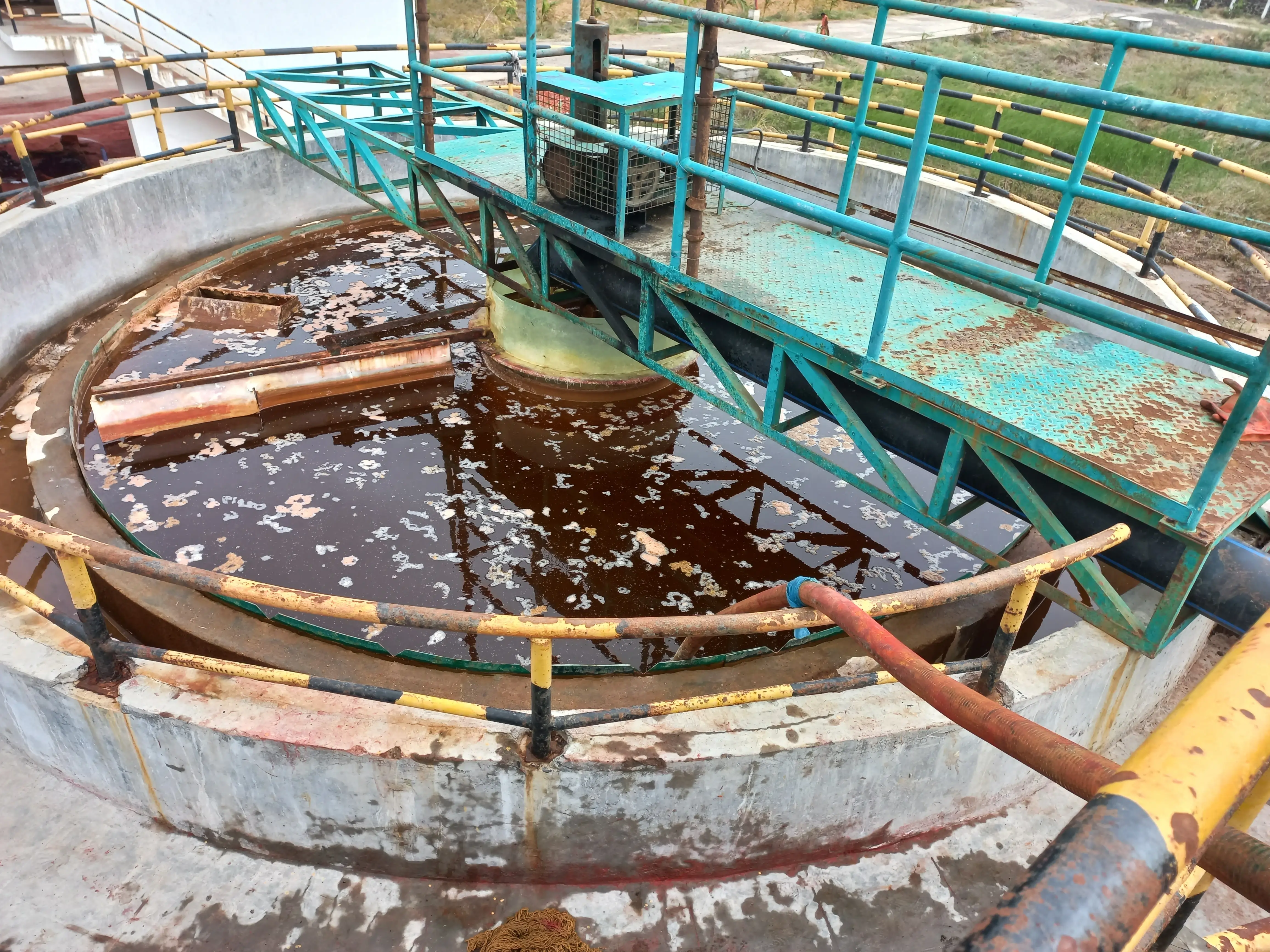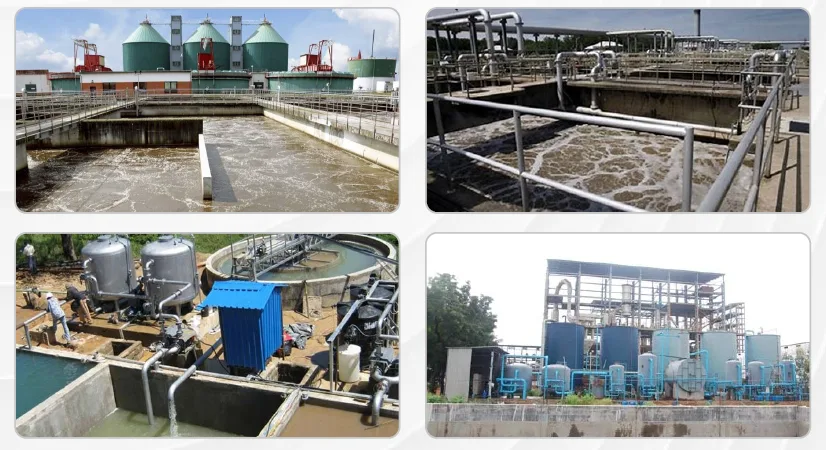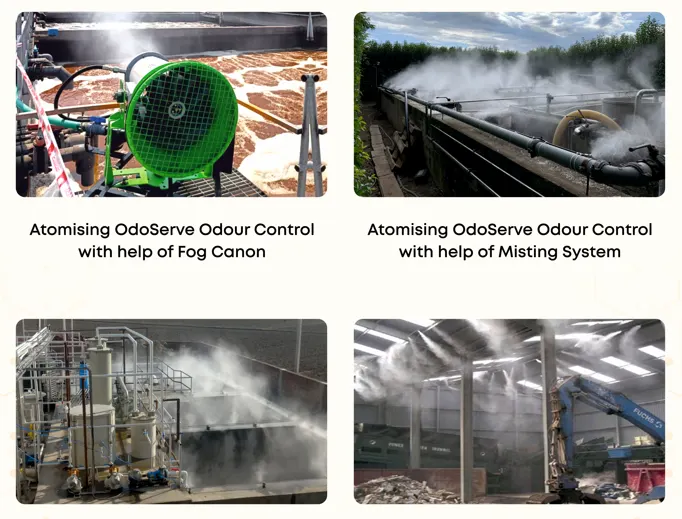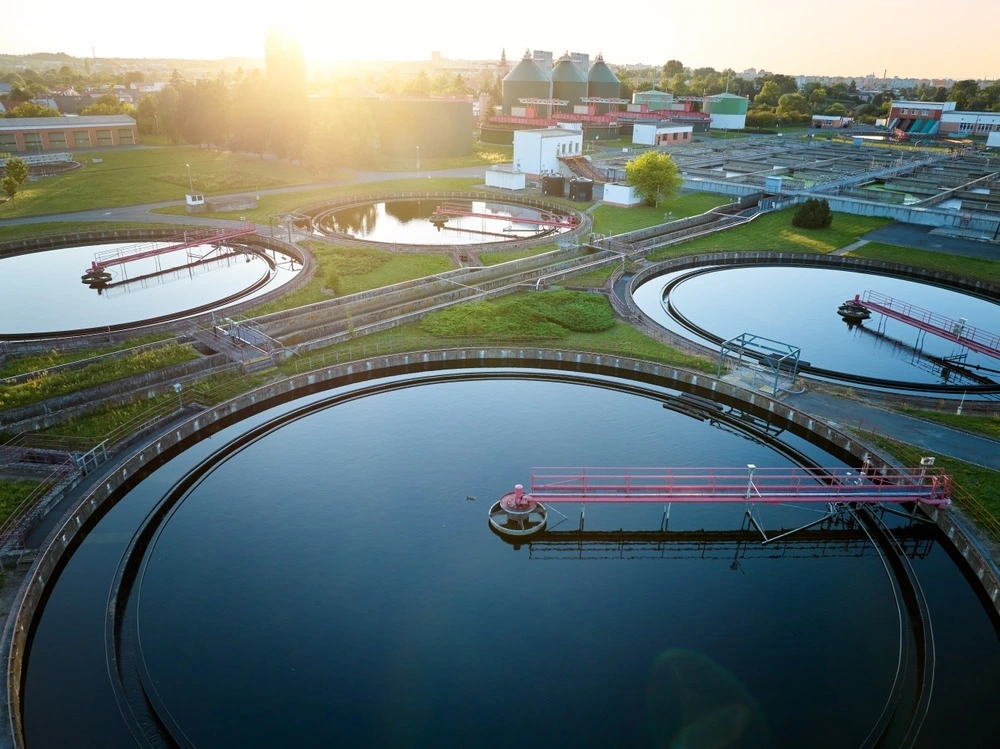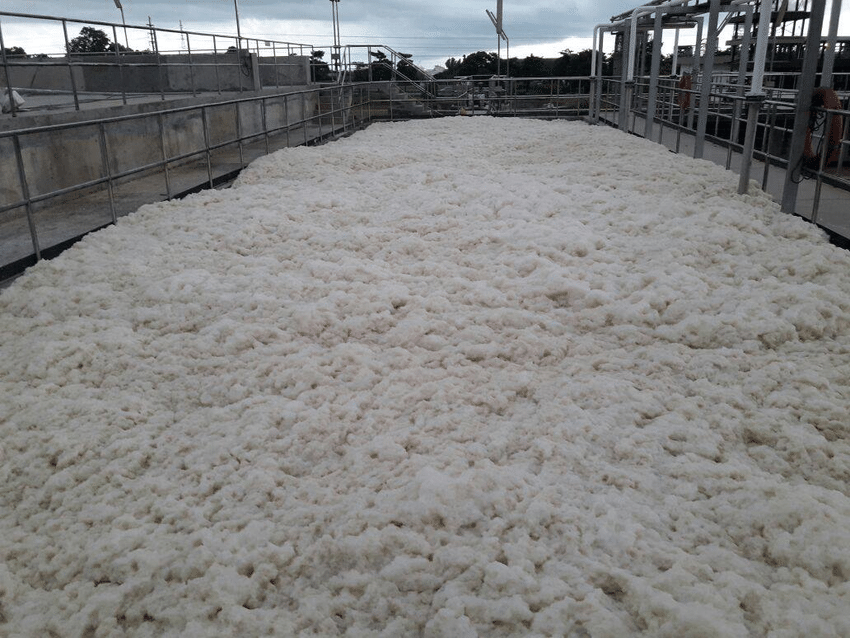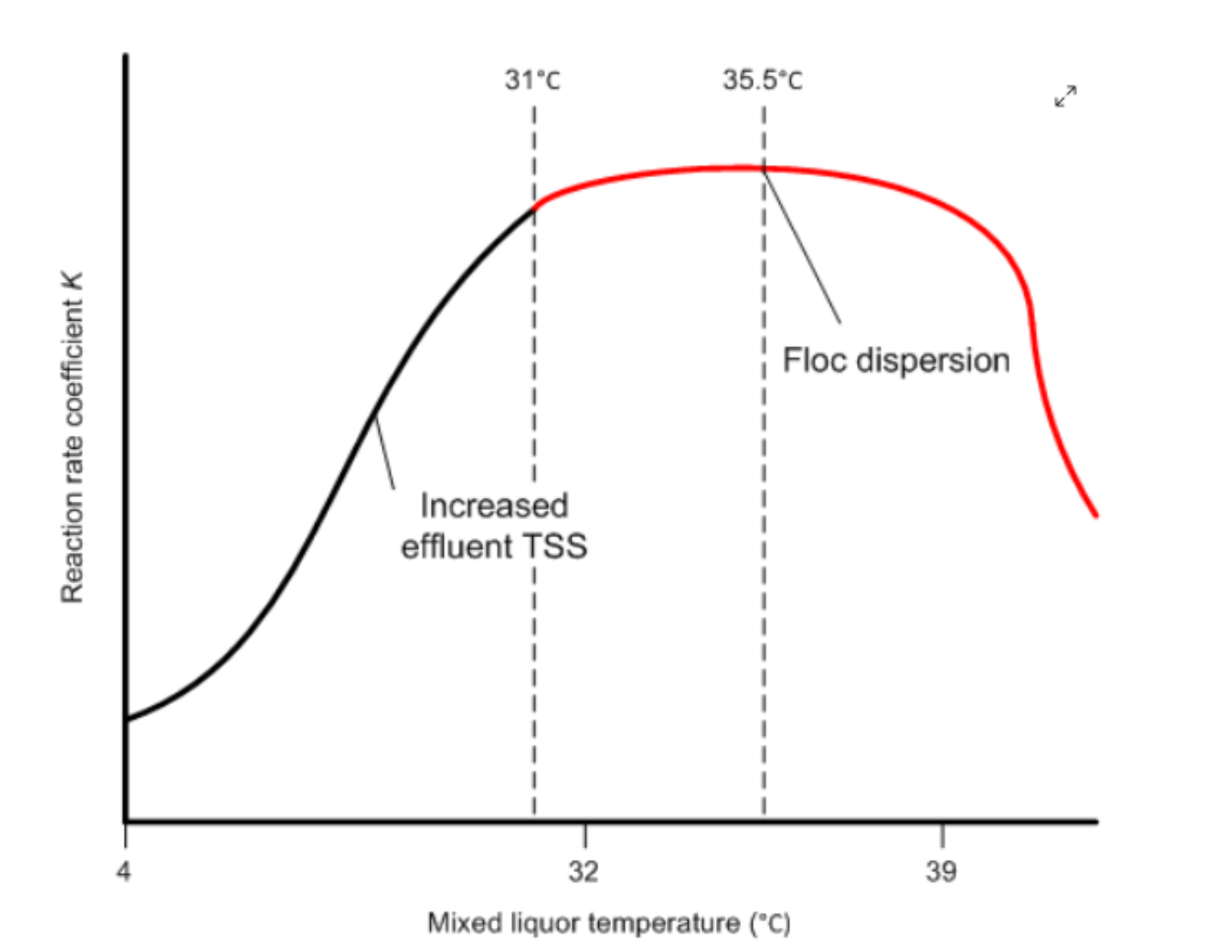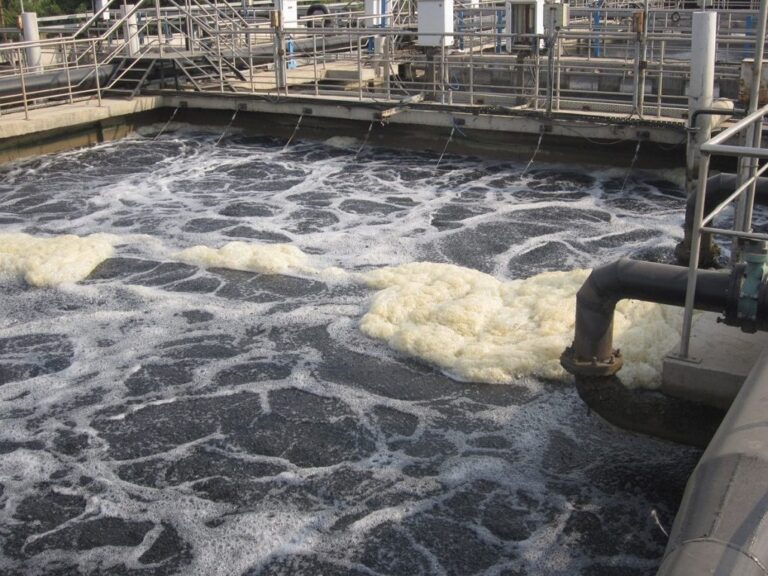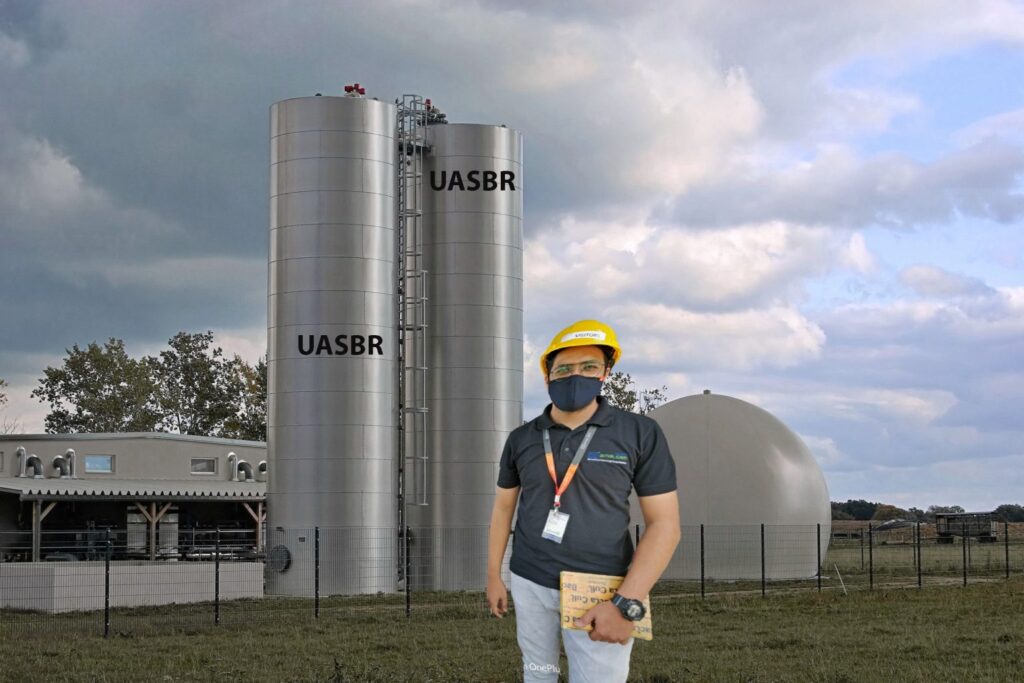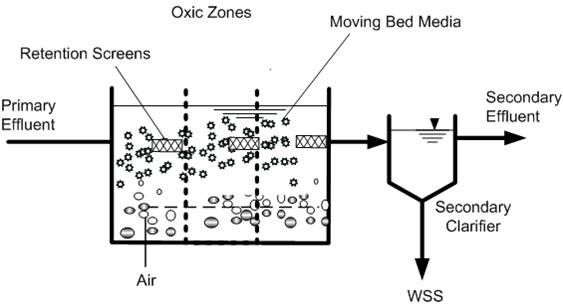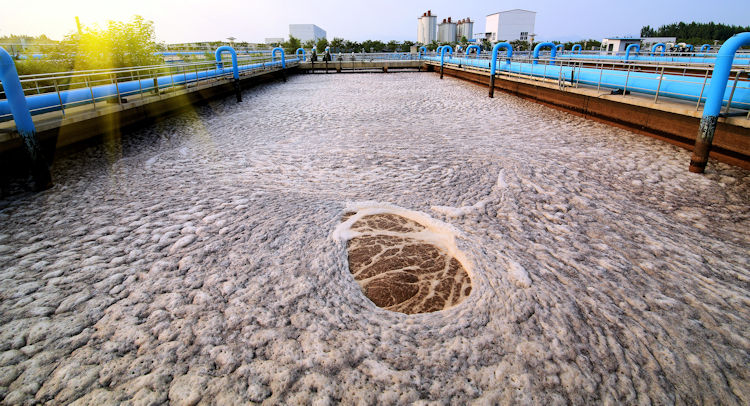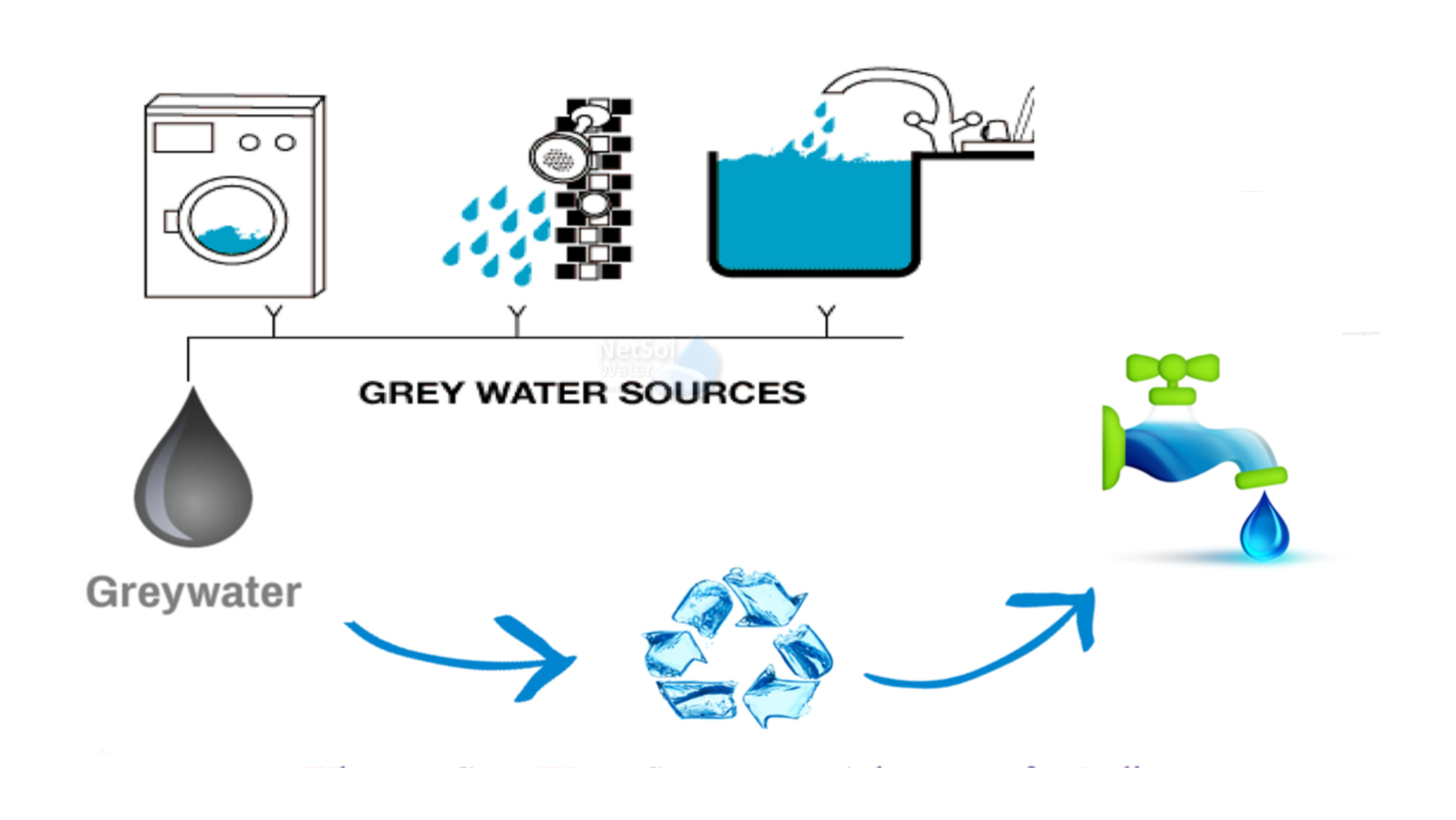In an era where environmental stewardship is paramount, the effective treatment of wastewater has become a critical concern for industries and municipalities worldwide. Traditional methods often fall short, relying on harsh chemicals and energy-intensive processes that can have detrimental effects on the environment. Fortunately, a more sustainable and efficient solution is gaining prominence: STP bio culture.
STP bio culture leverages the remarkable power of nature to transform wastewater treatment.
By harnessing the capabilities of beneficial microorganisms, this innovative approach offers a cleaner, greener, and more cost-effective way to manage wastewater and protect our precious ecosystems.
Understanding the Science Behind STP Bio Culture
Before delving into the benefits and applications of STP bio culture, let's first understand the underlying science. STP, which stands for Sewage Treatment Plant, utilizes a biological process to break down and remove pollutants from wastewater. This process relies on a complex community of microorganisms, primarily bacteria and fungi, that thrive in the wastewater environment.
These microorganisms are the unsung heroes of wastewater treatment. They possess a remarkable ability to consume and digest organic pollutants, effectively transforming harmful substances into harmless byproducts like water, carbon dioxide, and biomass. This natural process of biodegradation is the foundation of STP bio culture.
The Role of Microorganisms in Wastewater Treatment
STP bio culture involves the careful selection and introduction of specific microorganisms that are particularly adept at breaking down the types of pollutants commonly found in wastewater. These microorganisms work in concert, each playing a crucial role in the treatment process.
Aerobic Bacteria: These bacteria require oxygen to survive and are responsible for breaking down organic matter in the presence of oxygen. They are highly efficient in converting organic pollutants into carbon dioxide, water, and energy.
Anaerobic Bacteria: These bacteria thrive in oxygen-depleted environments and play a crucial role in breaking down organic matter in the absence of oxygen. They convert organic pollutants into methane, carbon dioxide, and other byproducts.
Fungi: Fungi are essential for breaking down complex organic compounds that bacteria may struggle to digest. They also contribute to the overall health and stability of the microbial community.
By carefully balancing and maintaining the populations of these microorganisms, STP bio culture ensures optimal treatment efficiency and effectiveness.
Benefits of Embracing STP Bio Culture
The adoption of STP bio culture offers a multitude of benefits for wastewater treatment:
Enhanced Treatment Efficiency: The specialized microorganisms in STP bio culture significantly accelerate the decomposition of organic pollutants, leading to a more efficient and thorough treatment process. This results in higher quality effluent that meets stringent environmental standards.
Reduced Sludge Generation: By efficiently breaking down organic matter, STP bio culture minimizes the volume of sludge produced. This translates to lower sludge disposal costs and a reduced environmental footprint.
Odor Control: The biological processes involved in STP bio culture help to neutralize odor-causing compounds, creating a more pleasant environment around the treatment plant and minimizing complaints from neighboring communities.
Cost-Effectiveness: Compared to traditional chemical treatment methods, STP bio culture offers a cost-effective solution. It reduces the need for expensive chemicals and energy-intensive processes, leading to significant cost savings in the long run.
Environmentally Friendly: By utilizing natural biological processes, STP bio culture provides a sustainable and environmentally responsible approach to wastewater treatment. It minimizes the use of harsh chemicals and reduces the overall environmental impact of wastewater management.
Applications of STP Bio Culture Across Industries
The versatility of STP bio culture makes it applicable to a wide range of industries and settings:
Municipal Wastewater Treatment Plants: STP bio culture can significantly improve the efficiency and capacity of municipal wastewater treatment plants, enabling them to meet increasingly stringent discharge regulations and better serve their communities.
Industrial Wastewater Treatment: Industries with high organic loads in their wastewater, such as food processing, textiles, and pharmaceuticals, can benefit greatly from STP bio culture. It effectively treats their effluent, reducing pollution and ensuring compliance with environmental regulations.
Septic Tanks: STP bio culture can be used in residential and commercial septic tanks to enhance the breakdown of waste and reduce the frequency of pumping. This extends the lifespan of the septic system and minimizes environmental impact.
Aquaculture: In aquaculture, STP bio culture helps maintain water quality by breaking down organic waste and reducing ammonia levels, promoting the health and growth of aquatic life.
Implementing and Maintaining STP Bio Culture
The successful implementation of STP bio culture requires careful planning and consideration. Factors such as the type and concentration of pollutants, pH levels, temperature, and salinity must be taken into account when selecting the appropriate blend of microorganisms. Consulting with experts in STP bio culture is crucial to ensure the optimal solution for your specific needs.
Once the STP bio culture is established, ongoing maintenance is essential to ensure its continued effectiveness. This involves providing optimal conditions for the growth and activity of the microorganisms, such as adequate oxygen supply, nutrient balance, and pH control. Regular monitoring and adjustments are necessary to maintain a healthy and thriving microbial community.
The Future of Wastewater Treatment with STP Bio Culture
STP bio culture represents a paradigm shift in wastewater treatment technology. By embracing the power of nature, we can achieve efficient, cost-effective, and environmentally sustainable wastewater management. As we face increasing pressure to protect our water resources and mitigate the impacts of climate change, STP bio culture offers a promising solution for a cleaner and healthier future.
In conclusion, STP bio culture is a game-changer in the field of wastewater treatment. By harnessing the remarkable capabilities of microorganisms, we can transform wastewater management, protect our environment, and create a more sustainable future for generations to come.





